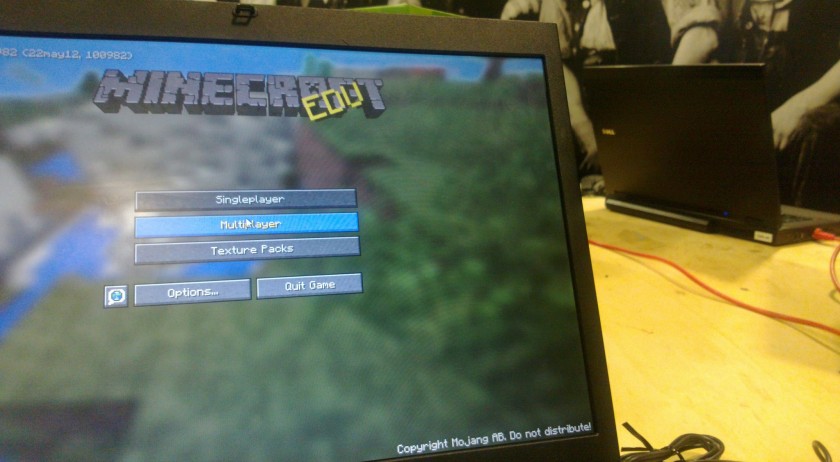The importance of play is no secret.
This simple truth is perhaps most apparent when kids are asked to stop playing. They don’t want to. They’re having fun painting, they just got to a really challenging part of the game, they’re in the middle of an adventure story with the neighbors and they can’t possibly put it on hold for something as mundane as coming home for dinner.
We here at LearningWorks for Kids believe video games (and play in general) can help kids learn and develop crucial skills. This belief is not unique to us, nor is it a new one. A 2008 report by the Pew Internet & American Life Project found that 97% of teens play computer, web, portable, or console games. Further, the study concludes that those “who take part in social interaction related to the game, such as commenting on websites or contributing to discussion boards, are more engaged civically and politically” than those who do not play games. Other articles point to the engaging qualities and learning opportunities video games have to offer students.
We’ve already developed a Play Diet guide for parents to help them understand the importance of play for their children — in all its forms — and how to strike a balance between them. Now we want to do the same for teachers.
Whether it’s suggesting a simple language change (like calling homework a “mission”) or a lesson in how video games can improve focus and flexibility, we’ll help you find the most effective ways to incorporate technology and video games in the classroom.
We’ve been researching, curating, and creating to make sure the games, activities, and strategies we feature are engaging and effective for your students. Like us on Facebook to be sure you don’t miss all of the education resources just for teachers!
Featured image: Flickr user Doug Belshaw




